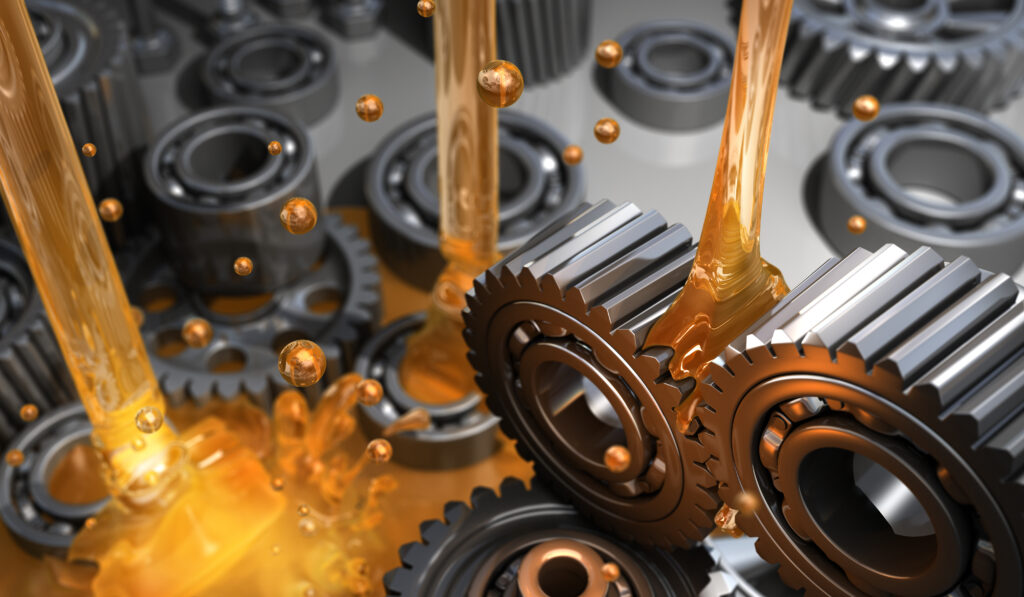Mastering Lubrication Excellence: Building a World-Class Lubrication Program
By: Joseph Anderson
In the industrial landscape, the humble lubricant might seem inconspicuous, but it plays a pivotal role in ensuring the smooth operation of machinery, reducing friction, and extending the life of critical assets. Achieving lubrication excellence isn’t just a matter of choosing the right oil; it’s about developing a comprehensive program that encompasses the best practices, advanced technologies, and a culture of precision. In this blog, we will explore the methods to build a world-class lubrication program that’s the cornerstone of operational success.
Understanding the Importance of Lubrication Excellence
A world-class lubrication program is more than just routine maintenance; it’s a strategic asset management practice that goes beyond oil changes. It focuses on achieving peak operational performance, reducing equipment wear, and minimizing unplanned downtime.
- Leadership Commitment
Creating a world-class lubrication program begins with leadership commitment. Top management must understand the importance of lubrication excellence and provide the necessary resources and support.
- Skills and Training
Lubrication excellence requires a skilled workforce. Invest in training programs to educate personnel on lubrication best practices, equipment specifics, and the handling of lubricants.
- Lubricant Selection
Selecting the right lubricants is crucial. Each machine and application may require specific types of lubricants. Consult with lubricant experts to make informed choices.
- Lubricant Storage and Handling
Proper storage and handling of lubricants are essential to prevent contamination and degradation. Implement strict protocols to ensure lubricants remain in optimal condition.
- Contamination Control
Develop contamination control strategies to minimize foreign particles, water, and debris in lubricants. Proper filtration and seal management are critical components.
- Lubrication Schedules
Set up regular lubrication schedules based on manufacturer recommendations and real-time condition monitoring. Ensure that equipment is lubricated at the right time and with the right amount of lubricant.
- Lubrication Technologies
Incorporate advanced lubrication technologies such as automatic lubrication systems, remote monitoring, and condition-based lubrication to optimize lubrication processes.
- Lubrication Inspections
Conduct routine inspections to check for signs of over-lubrication, under-lubrication, contamination, or wear. Address issues promptly to avoid costly breakdowns.
- Record Keeping
Maintain meticulous records of lubrication activities, including lubricant type, quantity, and equipment lubricated. This data is invaluable for tracking performance and making improvements.
- Root Cause Analysis
When lubrication issues arise, conduct root cause analysis to determine the underlying problem and implement corrective actions.
- Continuous Improvement
A world-class lubrication program is a journey of continuous improvement. Encourage employees to provide feedback and engage in process refinement.
- Lubrication Culture
Create a culture where everyone values the role of lubrication in equipment reliability. Engage employees in lubrication best practices and provide incentives for excellence.
- Data-Driven Decisions
Leverage data analytics and condition monitoring systems to make informed lubrication decisions. Real-time data provides insights for predictive maintenance.
- Environmental Responsibility
Consider the environmental impact of lubricants. Choose environmentally friendly lubricants and recycling programs for used lubricants.
In conclusion, a world-class lubrication program is the backbone of operational efficiency and asset longevity. It’s a comprehensive strategy that encompasses best practices, advanced technologies, and a culture of precision. Organizations that prioritize lubrication excellence are better equipped to achieve operational success, reduce downtime, and extend the life of critical assets. Lubrication isn’t just an oil change; it’s a strategic asset management practice that ensures the smooth operation of machinery, reduces friction, and minimizes equipment wear. By following these methods, organizations can develop a world-class lubrication program that forms the foundation of operational excellence.
